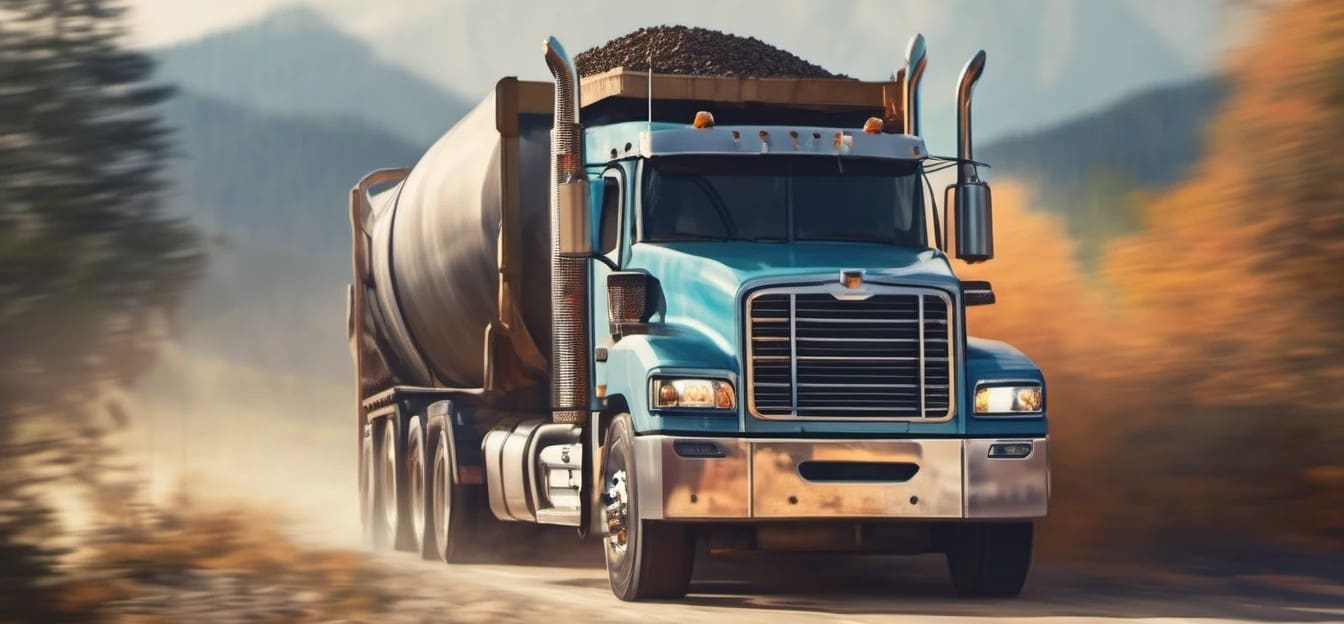
How to Protect Your Trucking Business in the Sand, Gravel, and Dirt Industry
The trucking industry is no stranger to challenging conditions. However, transporting sand, gravel, and dirt presents unique risks that can significantly impact your operations if not adequately managed. From rugged terrain and heavy loads to weather-related challenges, there’s a lot to consider when it comes to protecting your business and assets. Here’s what you need to know about the specific risks and the insurance solutions that can keep your trucking company secure.
Unique Risks in the Sand, Gravel, and Dirt Trucking Industry
- Heavy Loads and Road Hazards: Transporting heavy, loose materials increases the chances of wear and tear on vehicles, accidents from shifting loads, and road damage that could lead to costly repairs and downtime.
- Loading and Unloading Incidents: Accidents can occur during loading or unloading, resulting in injuries or equipment damage. Loose materials can shift unexpectedly, causing potential harm to workers or damage to the truck.
- Environmental Concerns: Improper handling or spillage can lead to contamination and environmental penalties, especially if materials affect water sources or public land.
- Theft and Vandalism: Trucks transporting valuable materials can become targets for theft or vandalism, leading to financial losses and delays.
- Weather Challenges: Rain, snow, and extreme heat can create difficult working conditions, increase accident risks, or cause delays in delivery schedules.
Insurance Solutions for Sand, Gravel, and Dirt Truckers
Protecting your business means understanding and mitigating these risks with the right insurance coverage:
- Commercial Auto Insurance: Coverage that safeguards your fleet from damages due to collisions, weather, theft, and vandalism. Ensure your policy includes appropriate limits for heavy-duty vehicles.
- Cargo Insurance: Protects your cargo against damages during transit. Given the nature of sand, gravel, and dirt transport, ensure your policy accounts for shifting loads and specialized materials.
- General Liability Insurance: Provides coverage for third-party injuries, property damage, and potential lawsuits arising from business operations.
- Workers’ Compensation Insurance: Covers medical expenses, lost wages, and rehabilitation costs for employees injured on the job.
- Environmental Liability Insurance: Protects against accidental pollution or contamination incidents during loading, unloading, and transport.
- Physical Damage Insurance: Provides comprehensive and collision coverage for your trucks and equipment.
Finding the Right Insurance Partner
Navigating the complexities of the sand, gravel, and dirt trucking industry requires a tailored insurance approach. At Best Formula Insurance, we understand these unique challenges and offer comprehensive insurance solutions that meet your specific needs. Our experienced agents will work with you to assess your risks and craft a policy that keeps your business secure, ensuring you can focus on delivering materials with peace of mind.
Categories: Commercial, Industry Information

Great article! I never realized how critical specific insurance coverage is for our type of business. Thanks for the tips!
This information is so valuable. We’ve been struggling to find the right coverage for our small trucking company, and this gives us a clear direction.
Very informative! As a new business owner, this article provides a great checklist for ensuring we have the right protections in place.
I love how you broke down each insurance type and explained their importance. This is a must-read for anyone in the industry!